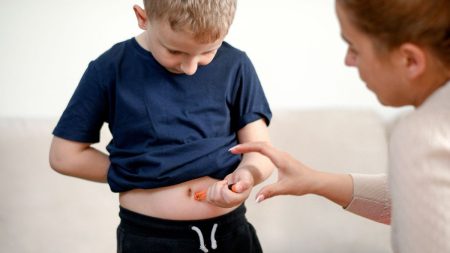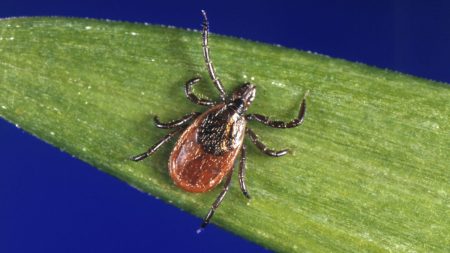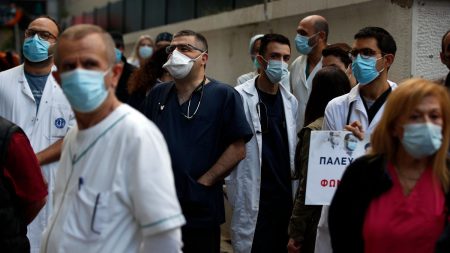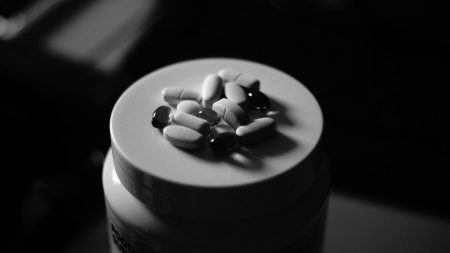At a recent meeting in Brussels, EU agriculture ministers reignited discussions about boosting local protein production, leading to a divide among member states regarding future policy directions. The meeting featured a position paper presented by Germany and Denmark, which advocated for diversification towards plant-based proteins as a means to reduce environmental impacts associated with food and feed production. This document was discussed within the framework of a growing need for an EU-wide protein strategy aimed at decreasing the bloc’s reliance on imported proteins. Such reliance not only subjects the EU to fluctuations in global markets but also raises concerns over trade disruptions. These discussions on enhancing Europe’s protein autonomy have taken place over several months, notably initiated under the Belgian EU presidency in April, highlighting a consistent call for action voiced by various member states.
The varying perspectives among EU countries were evident during discussions, particularly as some traditional livestock producers emphasized the importance of maintaining a focus on animal proteins. France and Romania expressed strong opinions that any forthcoming strategy should prioritize the promotion of animal husbandry. France’s agriculture minister underscored the necessity of a well-defined strategy for animal protein production, while Romania’s representative argued for a balanced approach, stating that animal proteins are crucial for human health and could be detrimental to livestock farming if reduced. Ireland, while supporting the push for increased plant-based protein production, clarified its commitment to supporting both animal and aquatic protein sources, reflecting the country’s reliance on livestock farming.
Denmark, on the other hand, highlighted potential economic benefits arising from an increased focus on plant-based proteins, suggesting that this shift could create new income opportunities for farmers within the agricultural sector. This position underscored a divide, as many countries grapple with how to balance the promotion of different protein sources without favoring one form over another. Simultaneously, concern was voiced that the proposed strategy might be interpreted as favoring synthetic or lab-grown proteins, which some countries firmly oppose. Italy and Hungary, both of which have enacted bans on the production and marketing of cell-based meat, expressed strong reservations about any approach that might undermine traditional animal proteins, advocating instead for a focus on natural, rather than artificial, protein sources.
France raised points about the importance of clear labeling to distinguish traditional animal proteins from plant-based and lab-developed alternatives, advocating for consumer clarity. This push for labeling is significant as it reflects broader concerns about how changing dietary preferences and technological advancements in food production may influence public perceptions and consumption patterns. As the agriculture ministers debated these issues, it became increasingly clear that there were fundamental differences in how member states view the balance between traditional animal agriculture and the emerging plant-based protein sector.
Amid these discussions, Ukraine emerged as a potential partner for addressing protein supply needs within the EU. Outgoing agriculture commissioner Janusz Wojciechowski noted that Ukraine could provide a valuable source of protein plants to the EU. However, he also emphasized that effectively leveraging this partnership would require careful planning and preparation. His successor, Christophe Hansen, acknowledged the current underproduction of plant-based protein within the EU and suggested that collaborative efforts with third countries could play an essential role in resolving this shortfall.
In conclusion, the ongoing dialogue surrounding Europe’s protein strategy illustrates the complexity of balancing diverse agricultural interests and nutritional needs within the EU. As member states differ in their approaches, the challenge remains to craft a policy that can accommodate a range of perspectives—from those advocating for plant-based diversification to those wishing to preserve and promote traditional animal protein sources. The ultimate success of any EU-wide protein strategy will depend on striking this delicate balance, ensuring that the goals of sustainability, economic viability, and consumer choice are met amidst a backdrop of evolving agricultural paradigms. The discussions at this meeting not only highlight immediate policy challenges but also underscore the broader shift in the agricultural sector’s landscape across Europe.














